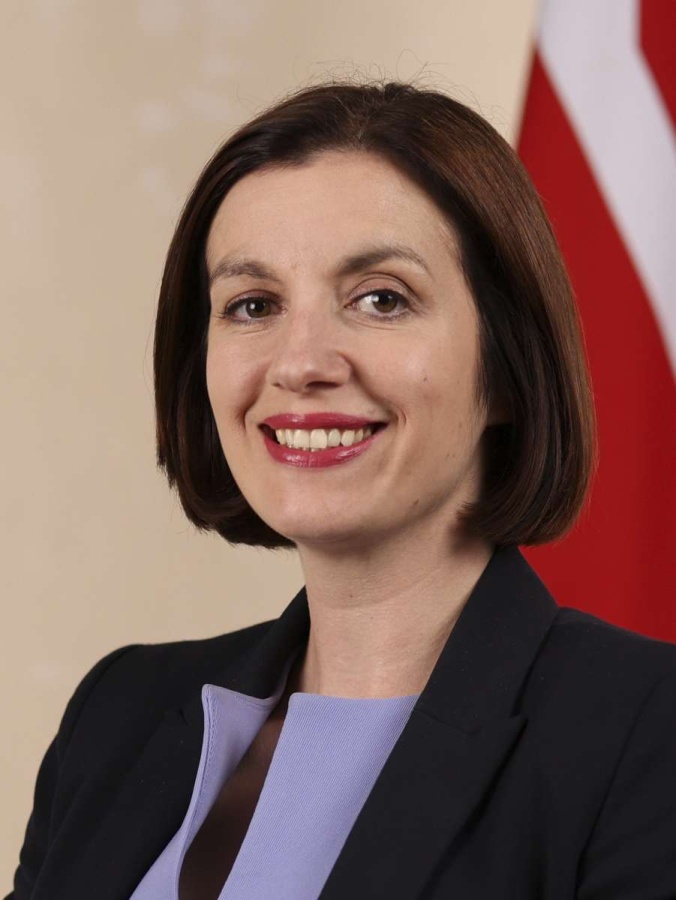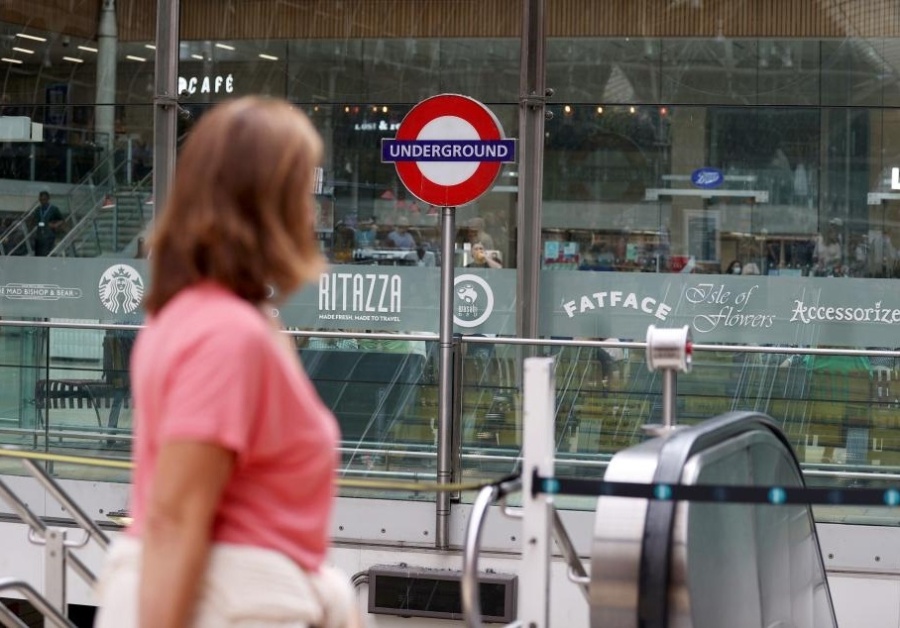The government announced on Monday that undergraduate tuition fees are to go up for the first time in eight years next autumn, taking annual payments to £9,535 a student…reports Asian Lite News
Some universities in England could lose out on millions of pounds from increased tuition fees because their contracts with existing students may prevent changes to terms and conditions.
The government announced on Monday that undergraduate tuition fees are to go up for the first time in eight years next autumn, taking annual payments to £9,535 a student.
It said the increase would apply to new students starting university next October and those continuing their studies in their second and third years.
The Department for Education has acknowledged, however, that some universities will be unable to charge existing students the higher rate if their contracts prevent it. One vice-chancellor said it would mean the difference between an additional £1.5m and £4m.
All students have a contractual relationship with their university, meaning they are covered by consumer protection law, according to the Office for Students, which is the regulator for higher education in England. The contracts, however, differ between institutions.
Even in the best-case scenario, with the higher fees applied to new and existing students, vice-chancellors said income generated by the increase would be cancelled out by the rise in national insurance contributions (NICs) announced in last week’s budget.
The higher fees will do little more than enable them to stand still, they say, while other policies continue to erode their income, leaving many institutions in financial difficulties.
The government has not ruled out future tuition fee increases. Further changes to higher education funding are likely to emerge in next year’s spending review as part of a package of wider higher education reforms.
The education secretary, Bridget Phillipson, has said she wants universities to provide more help for disadvantaged students to access and stay in higher education. She wants efficiency savings, including a crackdown on vice-chancellors’ pay rises, higher teaching standards, better value for money for students and more work with employers to deliver skills.
Prof Steve West, the vice-chancellor of the University of the West of England, said he was checking if his institution was able to apply the fee increase to existing students. If so, the £4m generated would just about cover the NICs, he said. If only applied to new students it would raise £1.5m.
“What we’ve got is still not a solution for sustainable funding for universities going forward. It’s the start of a conversation. What we’ve got is a one-year injection, not a long-term solution,” he said.
David Bell, the vice-chancellor of the University of Sunderland, said he agreed with the secretary of state’s priorities. “The question now is whether these priorities form part of a more substantial review of funding, given that yesterday’s announcement was never, in my view, intended to be a fix.
“I now think the time is right for such a review, as the government is clearly interested in thinking about higher education for the long term.”
Lénaïc Couderc, an analyst at Moody’s credit rating agency, said the fee increase was positive for English universities. “However, we expect that the increase will be insufficient to offset the likely loss of international tuition fee income from recent visa restrictions, which were introduced by the previous government, and to reverse the erosion in operating margins after two years of significant inflation.’’
The health secretary, Wes Streeting, defended the fee rise as proportionate and reasonable. “I think the risk is if we didn’t put the fee price and the maintenance support up in line with inflation then students really would be sold short because the investment in their teaching wouldn’t keep up with rising cost pressures,” he said.
ALSO READ: Badenoch appoints Philp as shadow home secy














